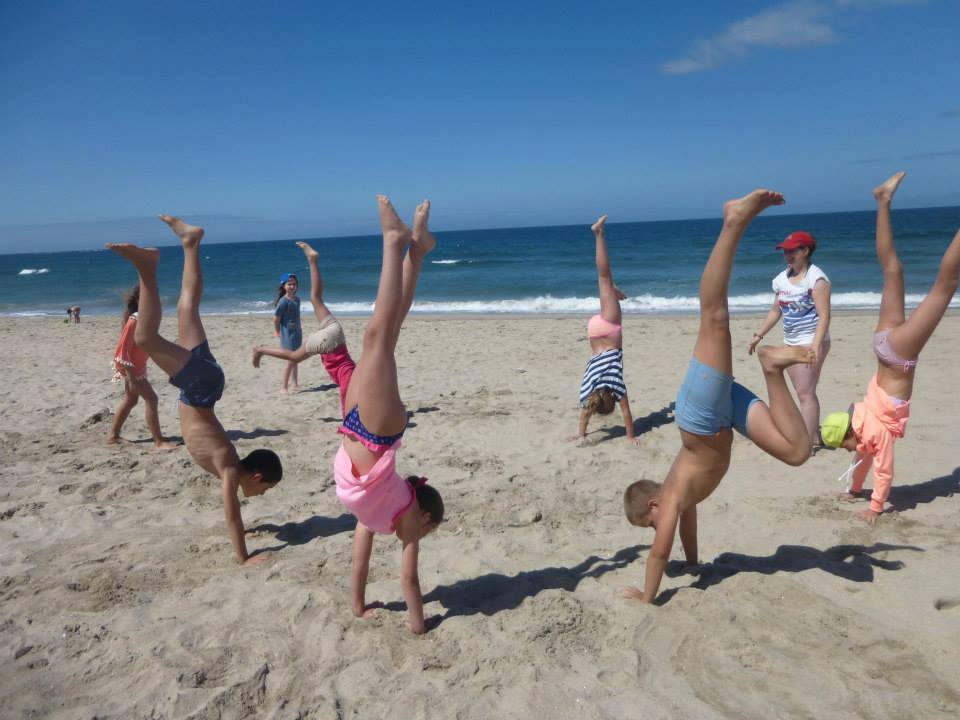General
The objective is to allow children to socialise and interact with each other, practice sports, and learn other activities that are not included in the curriculum in a way that enriches their personal, social and cultural experiences.
All extra-curricular activities (CLIBclubs) are suspended whenever there is a school break. These activities form part of an extended, optional school program, which starts at 16:00. Provision is made for transport and accompaniment to locations where some activities take place. The clubs work as a self-governed program directed by its own co-ordinator that, having daily contact with other teachers, ensure curricular connection with all the other programs of the College.
The CLIB clubs include the following components:
- Sports and Recreational Activities: swimming, tennis, karate, horseback-riding and various games.
- Arts: creative activities, dancing, ballet, drama and music and movement.
- Music: guitar, organ, clarinet, violin, music education and choir.
- Academic Enrichment: supervised study, Incentive programs in different areas of learning, computers and other languages.
- Religious Education for CLIB’s Catholic community: Catechises with 5 levels (I – First year of preparation for the first communion; II – Second year in preparation for the first communion; III – Third year in preparation for the first communion; IV – First year in preparation for the Profession of the Faith; V – Second year in preparation for the Profession of Faith.)
Summer Programs
CLIB organises a short, educational program during July, aimed at children older than 5 years of age. This program complies with the appropriate educational principles, offering relevant learning experiences and flexibility according to the interests and age of the enrolled students. It’s our endeavour to preserve and strengthen social ties by providing educational visits with emphasis on our local heritage and participation in community, culture, sport, and recreational activities. Children coming from other educational institutions may participate, as these activities are regarded as extra-curricular and not part of the annual school calendar.





